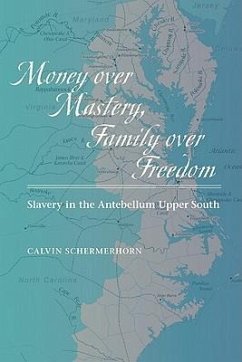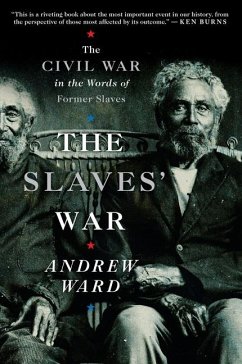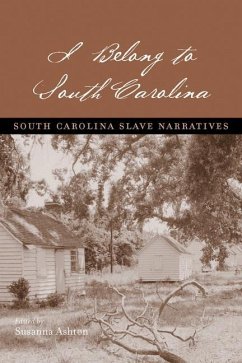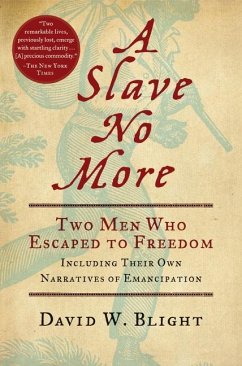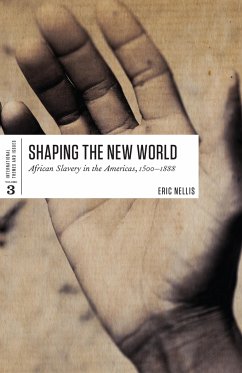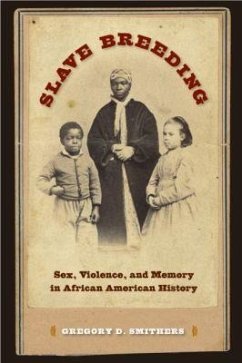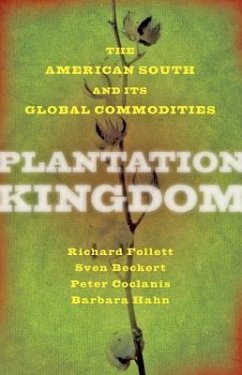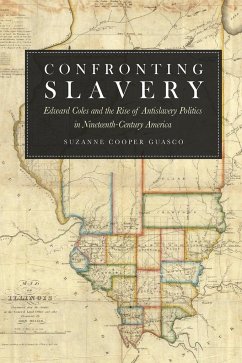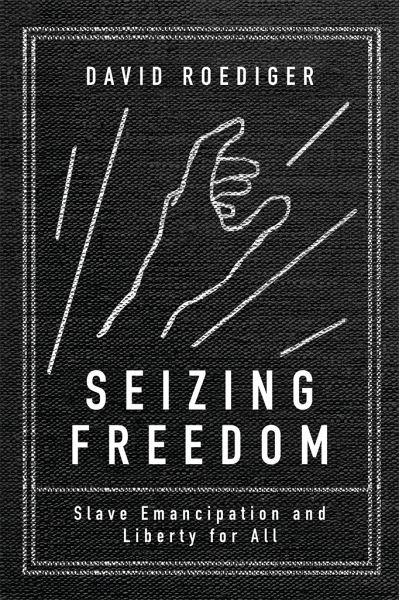
Seizing Freedom
Slave Emancipation and Liberty for All
Versandkostenfrei!
Versandfertig in über 4 Wochen
15,99 €
inkl. MwSt.
Weitere Ausgaben:

PAYBACK Punkte
8 °P sammeln!
How did America recover after its years of civil war? How did freed men and women, former slaves, respond to their newly won freedom? David Roediger’s radical new history redefines the idea of freedom after the jubilee, using fresh sources and texts to build on the leading historical accounts of Emancipation and Reconstruction. Reinstating ex-slaves’ own "freedom dreams" in constructing these histories, Roediger creates a masterful account of the emancipation and its ramifications on a whole host of day-to-day concerns for Whites and Blacks alike, such as property relations, gender roles, ...
How did America recover after its years of civil war? How did freed men and women, former slaves, respond to their newly won freedom? David Roediger’s radical new history redefines the idea of freedom after the jubilee, using fresh sources and texts to build on the leading historical accounts of Emancipation and Reconstruction. Reinstating ex-slaves’ own "freedom dreams" in constructing these histories, Roediger creates a masterful account of the emancipation and its ramifications on a whole host of day-to-day concerns for Whites and Blacks alike, such as property relations, gender roles, and labor.




